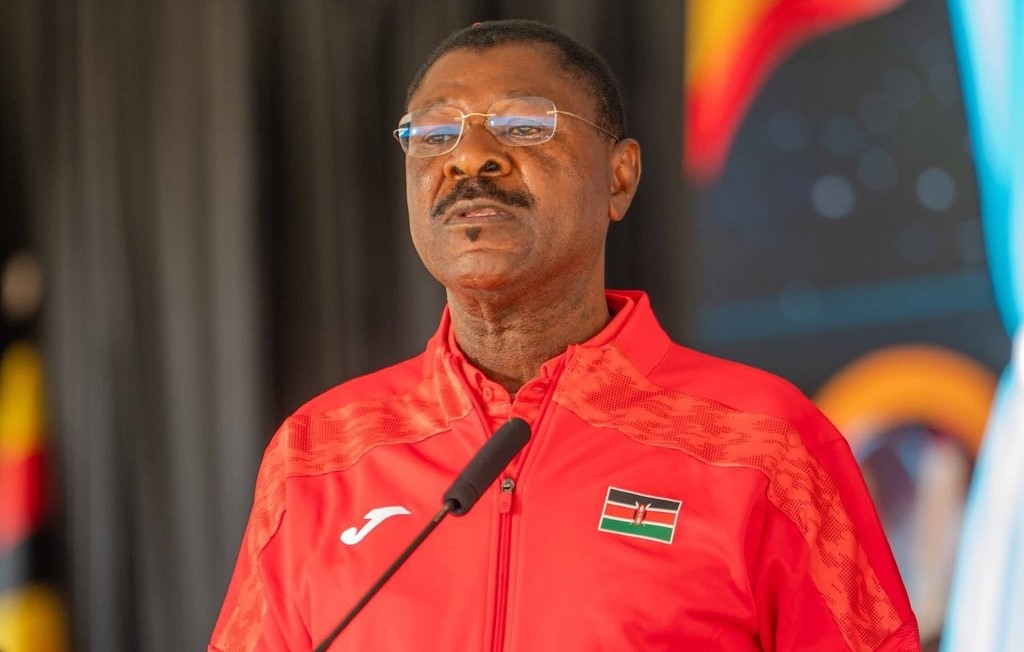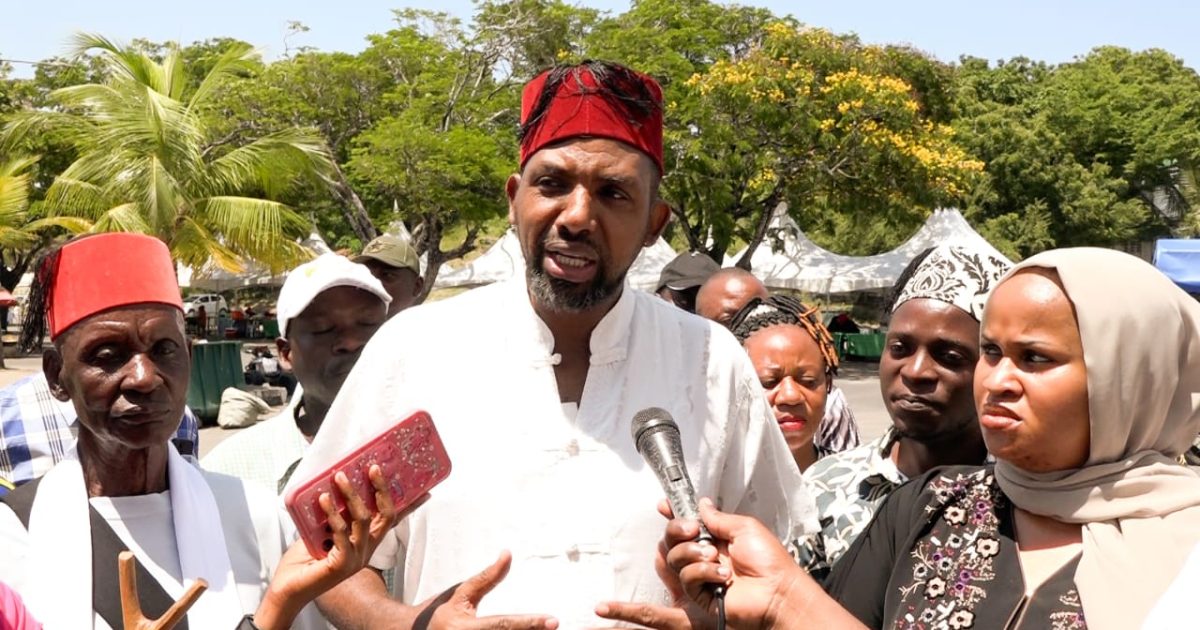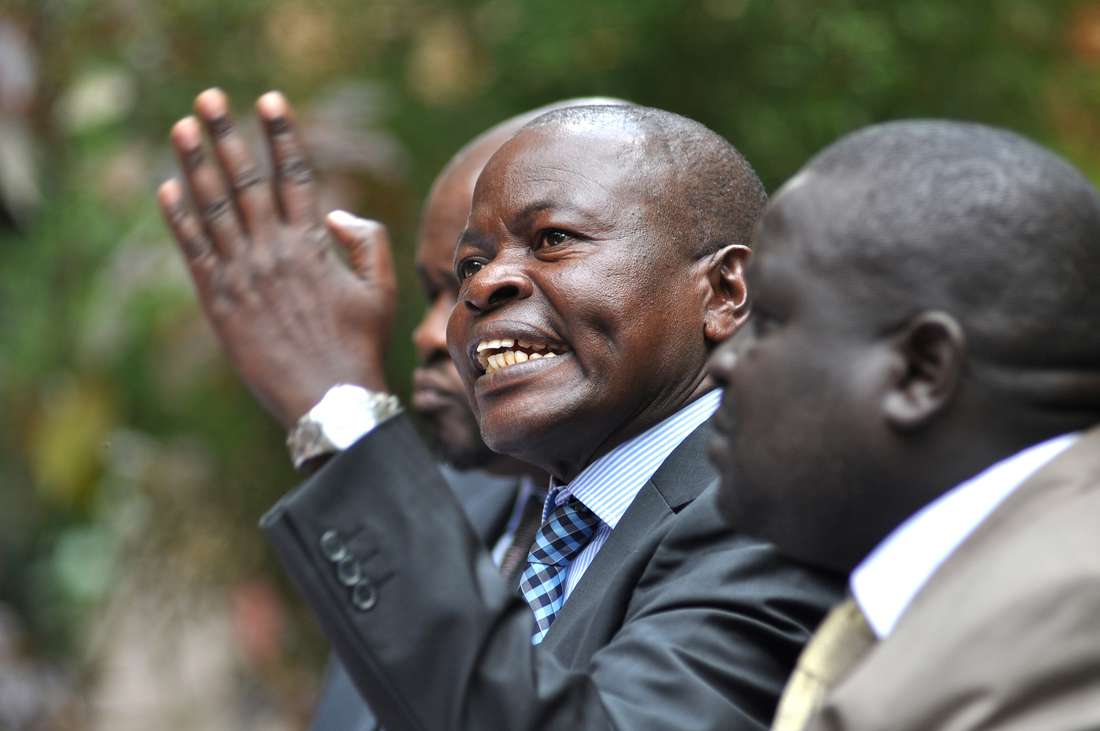OPINION: Northern Kenyans deserve equal access to IDs

In northern Kenya, a striking discrepancy exists in the ease of obtaining IDs compared to the rest of Kenya.
National identity cards are extremely important to Kenyans aged 18 and over. They serve as critical documentation for residents' rights and access to key government services, among other things.
However, in northern Kenya, a striking discrepancy exists in the ease of obtaining IDs compared to the rest of Kenya. While the majority of the country allows for fast ID acquisition upon attaining the age of 18, northern Kenya has systematic barriers, resulting in lengthy delays and dissatisfaction for its citizens.
More To Read
- President Ruto warns against bribery as ID replacement fees scrapped
- Over 400,000 IDs uncollected as Senate probes backlog
- Kenyan students to get National IDs and be registered as voters automatically at 18 under new Bill
- Government to roll out mass mobile ID registration drive in 11 days
- Rights groups slam new ID rules, say they discriminate against Muslims and minorities
- Pastoralist group slams Gachagua over claims on Ruto's vetting policy
One must go through vetting, which requires an elder to identify you before passing the vetting stage. To demonstrate your residency in the area, you must additionally present identification, such as a title deed. Given that no title deed has been issued, most parents lack this important document to provide as proof of residency.
The disparity in ID issuance is not a recent phenomenon but has persisted over the years. Despite Northern Kenya being an integral part of the nation, these regions often find themselves neglected in terms of essential services and government attention.
This marginalisation stems from various factors, including geographical location, cultural differences, and historical neglect. In other parts of Kenya, individuals can obtain their ID promptly upon reaching 18; this enables them to access opportunities such as education, employment, and healthcare, among other things.
My people in Northern Kenya, on the other hand, can go years without an ID due to bureaucratic delays, with some residents waiting as long as two years to obtain their ID. This occurred to my younger brother; if the Ombudsman's office had not intervened after we filed a complaint, he would have missed out on possibilities owing to a lack of identification.
Despite the presence of local administrative officials such as chiefs and sub-chiefs who are well acquainted with the residents, the government has failed to address the issue effectively.
These officials could play a pivotal role in facilitating the ID issuance process and ensuring that all eligible individuals receive their IDs on time. However, their efforts are often undermined by rigid procedures and a lack of concerted action from higher authorities.
The consequences of delayed ID issues have hampered travel from northern Kenya to other regions of the nation. It has also limited the youth's access to international scholarships, as we all know that without identification, obtaining a passport is impossible. These youth lack access to basic government services.
Many of them are unable to continue their education, start a business, or even obtain work after completing their secondary education due to a lack of identification. This perpetuates a cycle of poverty and marginalisation, denying people the opportunity to make meaningful contributions to society and reach their full potential. These residents are barred from participating in civic and political activities, denying them their basic rights as citizens.
The debate on this delay has always been attributed to the region's proximity to the border, while the reality is that communities across northern Kenya, including those centrally located areas like Isiolo, are facing similar challenges.
As a resident of northern Kenya, I believe it’s crucial to shed light on this issue and advocate for urgent measures to ensure equitable and efficient ID issuance for all residents, regardless of their geographical location.
The current system is riddled with discrimination and neglect. The government must acknowledge and rectify this injustice by implementing urgent reforms. This includes streamlining the ID application process and allocating sufficient resources and responsible personnel who are efficient and accountable to ensure the timely processing of applications across all regions.
This includes increasing the number of registration centres and streamlining administrative procedures to reduce bottlenecks. The government should also ensure that residents are not requested to provide evidence that is unreasonable and inconsistent with other sections of the country. It is uncalled for to subject these citizens to extra vetting.
Additionally, there is a need for transparency and accountability in the ID issuance process. Authorities should provide regular feedback on the status of ID applications, establish clear timelines for processing, and address complaints and grievances from affected individuals efficiently. This will build trust and confidence among residents as it will demonstrate their commitment to delivering quality public service.
In conclusion, coming from Northern Kenya should not be a hindrance to acquiring an ID. It’s time the government heeds the voices of northern Kenyan residents and takes action to end this longstanding injustice. Failure to do so would perpetuate the cycle of marginalisation and deny countless youth the opportunity to realise their aspirations and contribute to the nation’s development.
Amina Boru is a health record information officer, social changemaker, and programme officer at Northern Frontier Medical Association.
Top Stories Today













































